#phantom architecture
Explore tagged Tumblr posts
Text





Opera Garnier, Paris, France.
August 2024.
Edited with Snapseed
#opera garnier#the phantom of the opera#phantom of the opera#palais garnier#architecture photography#architecture#opera#dark academia#light academia#architecture aesthetic#paris france#paris opera house#paris opera#photographers on tumblr#photography
5K notes
·
View notes
Text

#my posts#goth aesthetic#gothic#dark aesthetic#gothcore#goth#gothic art#dark academia#dark gothic#gothic architecture#whimsigoth#queue#phantom of the opera#romantic goth#gothic literature
2K notes
·
View notes
Text

opéra garnier, paris
#dark academia#dark acadamia aesthetic#art#beauty#light academia#mine#my photos#paris france#phantom of the opera#opera#opera garnier#architecture#art history#sculpture#historic architecture
3K notes
·
View notes
Text
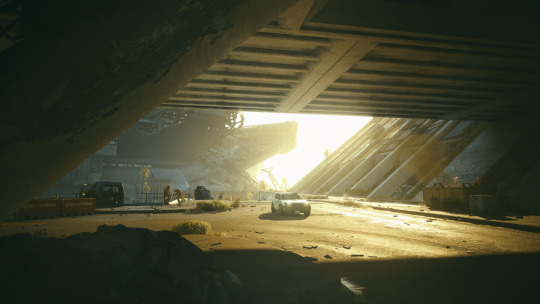
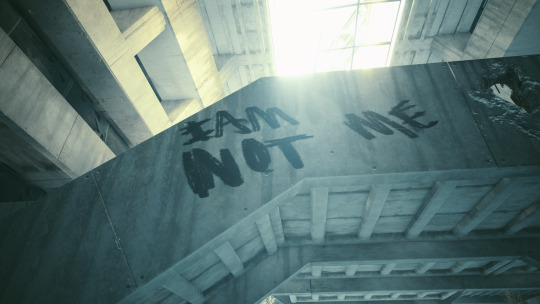
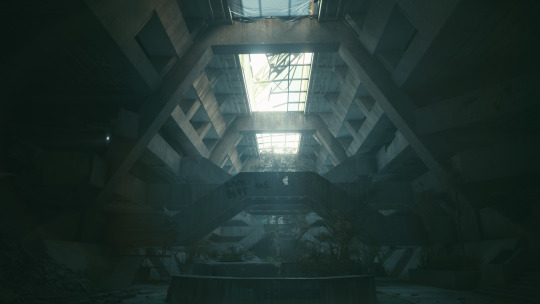
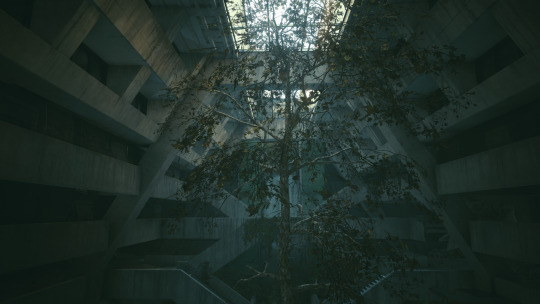
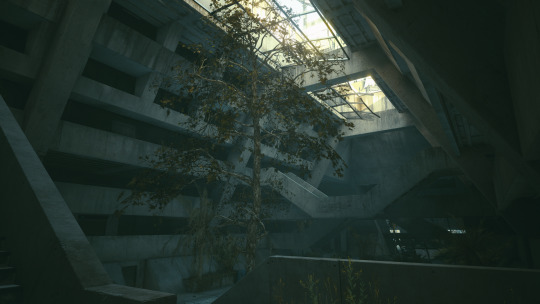
Biotechinca Dogtown
#cyberpunk 2077#cp2077#cyberpunk#cp2077 photomode#virtual photography#cp2077 screenshots#distopia#cyberpunk game#urban architecture#dogtown#phantom liberty
189 notes
·
View notes
Text






vienna!
#top three cities i've ever been to so far omg#although we picked the wrong weekend to visit like#it was so warm and sunny before we arrived and we've left to a cloudless sunny sky#and when we were there it rained and snowed at one point???#anni.txt#ph#photography#vienna#austria#photographers on tumblr#dark academia#light academia#romantic academia#museum#history#coffeshop#food#antique#books#library#before sunrise#architecture#phantom of the opera#musical#cozy aesthetic#cosy academia#cosy aesthetic#royalcore#bookstore#moodboard
66 notes
·
View notes
Text
Opera Garnier where Phantom is based off of in Gaston Leroux's book. The chandelier did fall in the late 1800’s. Other accounts state it was one of the counter weights and not the chandelier. There’s many variations of Erik’s origin but Christine was based off a Swedish singer of the same 1st name.
#dark academia#light academia#classical#academia aesthetic#academia#escapism#books and libraries#classic literature#books#architecture#historical#history#interior#old#building#the phantom of the opera#opera garnier#theatre#theater#royal core#cottage core#aesthetics#mood#vibe#gothic#tumblr
892 notes
·
View notes
Text

Thinking about Her again
#I want to munch on the whole place#also when I went there they showed us the original painting still underneath the Chagall and it fits so much better then what's there now#(personal opinion of course)#but just yeah. That place put me in utter awe of architecture once again#and wdym *I* took that photo?? Mad#palais garnier#paris opera house#phantom of the opera#poto#tpoto#the phantom of the opera
85 notes
·
View notes
Text

#books#literature#beauty#architecture#alternative#japan#phantom of the opera#emmy rossum#date night#date inspo#date#cute#dark aesthetic#dark academia#coquette#lana del ray aesthetic#lana del rey#girlblogging#girlhood#lizzy grant
32 notes
·
View notes
Text

#art#painting#oil on canvas#nocturne#night#european art#architecture#mysterious#tonio meyer deyk#a phantom in a grotto
221 notes
·
View notes
Text

#the villain's secret lair dogtown style#dogtown#cyberpunk 2077 phantom liberty#cyberpunk 2077#night city#video games#virtual photography#cyberpunk 2077 photomode#cyberpunk 2077 screencaps#cyberpunk 2077 screenshots#architecture#interiors#absent passenger#from the queue
8 notes
·
View notes
Text



Inside His Majesty’s Theatre in West End, London
The home of The Phantom of the Opera Musical since 1986
June 2024
#phantom of the opera#the phantom of the opera#christine daae#architecture photography#architecture#photographers on tumblr#photography#dark academia#light academia#escapism#his majesty theatre#london#london west end#london theatre#andrew lloyd webber#take me back there#west end#musical theatre#raoul de chagny
181 notes
·
View notes
Text

Palais Garnier
#own pic#phantom of the opera#the phantom of the opera#palais garnier#opéra populaire#architecture#history#museums#paris france#paris#christine daae#raoul de chagny
8 notes
·
View notes
Text
in 2004 bruce wayne watches joel schumacher's the phantom of the opera...
he immediately goes home to practice flourishing his cape, and orders 1000 candles and a canal boat. He also vows to protect gotham - his beautiful, dramatic, campy gothic city - from becoming anything like the neo-futuristic eyesore that is metropolis.
also, ever since then, when he's feeling particularly melodramatic, he'll play the title song, and sing the "dun dun dun"s as "nuh nuh nuh"s, imagining it's his theme song.
#this might be super niche idk probably#bruce wayne mourns the death of detail#dc comics#batman#comics#comic books#bruce wayne#the phantom of the opera#gothic architecture#gotham
12 notes
·
View notes
Text
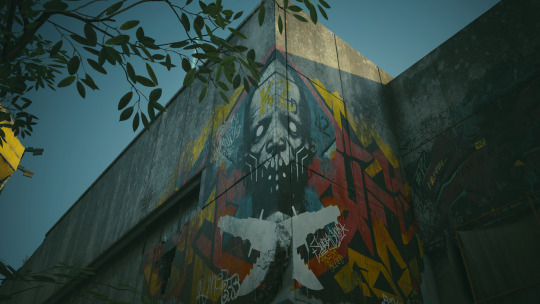
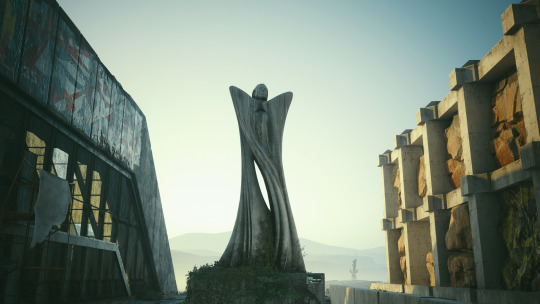
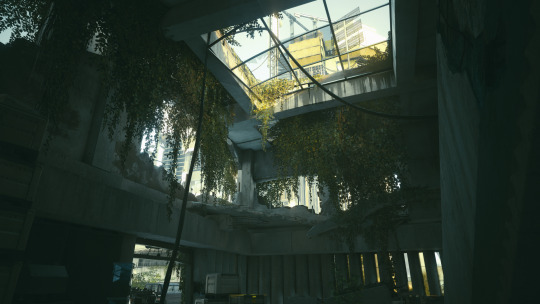
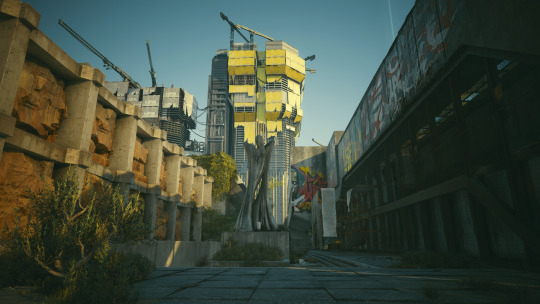
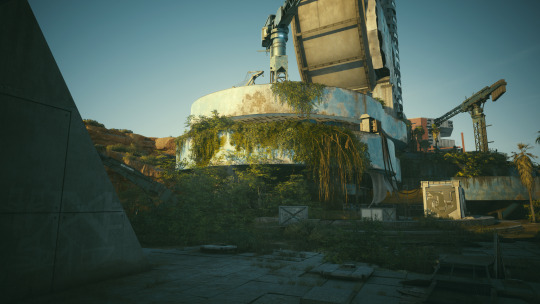
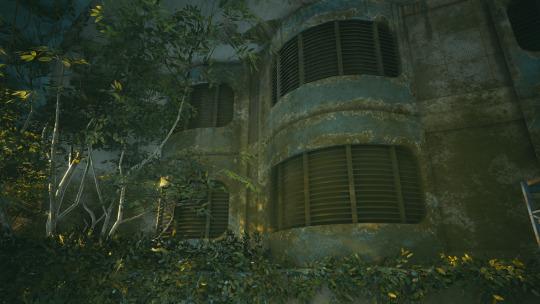
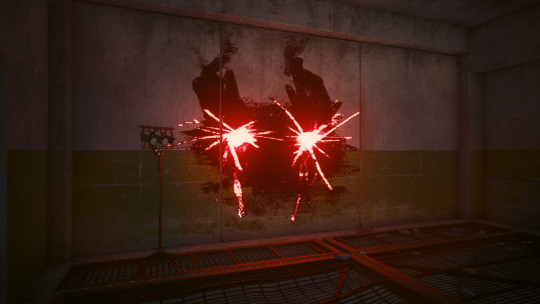
Dogtown views part ??
#cyberpunk 2077#virtual photography#cp2077#dogtown#cp2077 photomode#cp2077 screenshots#phantom liberty#urban architecture#distopia#game screenshots
78 notes
·
View notes
Text







So I went to Paris last week.
#opera garnier#palais garnier#architecture#paris#phantom of the opera#beautiful building#my photos#travel#neo baroque#amazing decor#antique#historical
9 notes
·
View notes
Text
I think i cracked it, the reason everything produced in the times of the High Republic is soo good compared to modern Star Wars, tldr its because of pain.
See, in all the works that date during the High Republic (specifically during George's ownership of SW) there's this fearlessness to show pain and tragedy and death, and i know it sounds like "everything for the children these days is sanitized!" but think for a second if Revenge of the Sith would be something Disney would publish these days and that's your answer, but that's just a tangent meant to emphasize the difference between Og SW and new SW, because what Og SW had was strife, and you the viewer knew that, because every time you booted up KOTOR or played Phantom Menace you knew what was coming, you knew to expect the isle of happiness in which the characters lived to slowly sink beneath the waves of tragedy and you'll see it happen as the characters around the story just dug up their own fates, in very much George Lucas fashion, and THAT is what made the work and the small moments of levity to taste so much sweeter, because you see the characters who you've grown attached to suffer so un-justly that when you return to the good times you can't help but appreciate the good and mourn it's departure.
The reason new SW does not achieve this is because the characters are dealing with the aftermath of the destruction of the baddies, its the birth of the hope for the future, its when you look at the horizon at the END of the movie, yes new problems may arise but the big hurdle is done and Disney didn't cultivate the joy from the Alliance's victory as it should, because instead of giving us proper post-war optimism (as it fits the real life post WW2 countries counterparts and fantasy sci-fi proper) it stuck only with the brooding post-war trauma, and while yes, that is also a very realistic take it still lacked verily from the former and thus there is no reason why we should mourn a character's strife if that is all we've seen from them, its like watching paint dry, nothing particularly changes, just a new villain here and there, the new character discovers new powers, new info, but there is no resolution, no reward for their strife, and even if they were going for a bleak post-war future (which they didn't and it also doesn't fit SW's constant theme of hope for a better future) it still ends up looking incomplete for the mere reason that they don't want to shut the book in case they need to milk the cow some more.
My point with all this was not to bash new SW though, my point was to use it as a comparison to highlight how Og SW built itself on a foundation of hope, how it showed us the height before the fall, how it is possible to make Shakespeare in space and leave all of us with broken hearts and looking hopefully into the future.
#star wars#the phantom menace#revenge of the sith#attack of the clones#return of the jedi#the empire strikes back#new hope#god i just love looking at naboo and its ancient italian architecture as the symbolism for the good times#and the contrast being the sterile or dirty futuristic machinery as the grim future that awaits#god i think i should rewatch the prequels#maybe do another run of kotor#kotor#kotor 2#swtor
13 notes
·
View notes